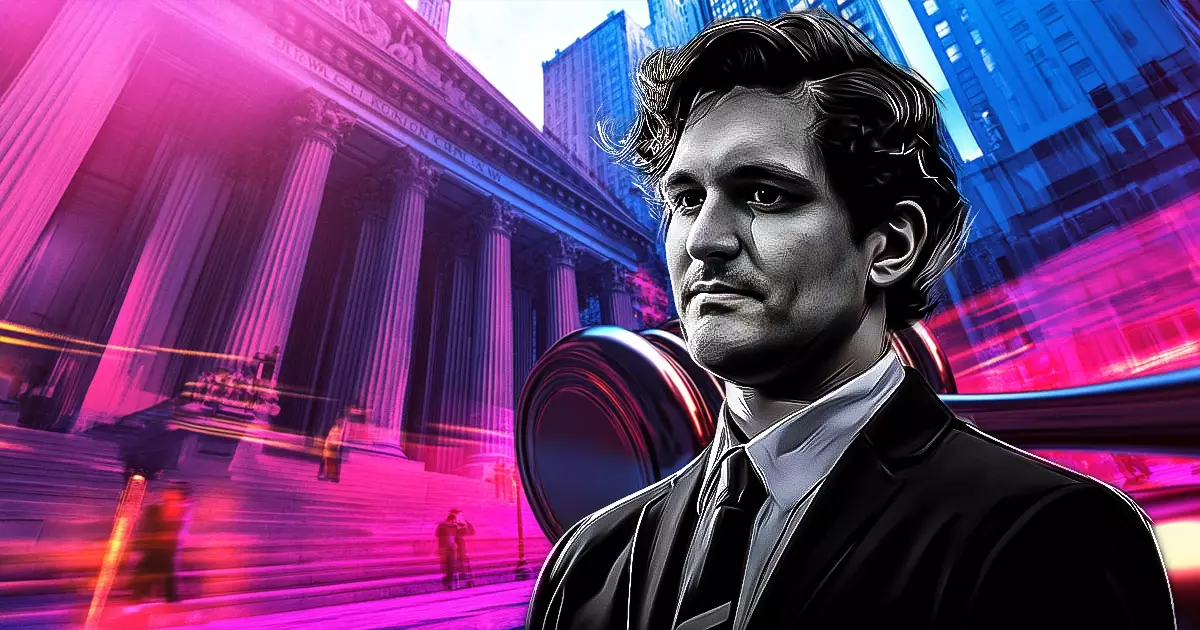In a significant legal development, US authorities have officially dismissed Sam Bankman-Fried’s appeal to overturn his conviction and sentencing directly connected to the collapse of his cryptocurrency exchange, FTX. This decision, outlined in a recent court filing, explicitly states that Bankman-Fried’s claims lack merit, reinforcing the integrity of the original jury’s verdict. As the founder of FTX, a once-prominent entity in the world of digital finance, Bankman-Fried’s fall from grace is emblematic of the broader turbulence facing the cryptocurrency sector, plagued by scandals and bankruptcies.
Bankman-Fried’s appeal, which he filed in September at the Second Circuit Court of Appeals, rested on assertions of judicial bias and alleged procedural errors made during his trial, specifically referencing Judge Lewis Kaplan. He contended that the judge’s rulings curtailed vital defense arguments and limited the introduction of crucial evidence portraying his financial maneuvers. By arguing that FTX’s financial crises were exaggerated, he insinuated that a significant portion of customer funds might remain recoverable, thereby casting doubt on the severity of the situation. Such claims were aimed at reclaiming his credibility and obtaining a retrial, but they did not suffice against the government’s rebuttals.
In its response, the government thoroughly dissected Bankman-Fried’s arguments, categorically rejecting them as unfounded. It highlighted that his appeal did not substantiate claims of judicial errors or prejudice pervasive throughout the initial trial process. The government’s defense included a robust affirmation of the court’s legal decisions, which were classified as consistent with standard practices in fraud cases. They further defended the contested “no-ultimate-harm” instruction, describing it as a crucial aspect of fraud law, thereby underscoring the trial’s adherence to established legal principles.
The government’s stance involved a meticulous examination of the evidentiary rulings that had previously limited testimonies about possible losses and the assertion of customer reimbursements. The court’s refusal to compel third-party Debtors to release certain documents was likewise justified, as the filings were not in the court’s possession and, as indicated, Bankman-Fried had already acquired other critical materials. Ultimately, the government articulated that no material evidence had been withheld that would impact his right to a fair trial, effectively solidifying the original decisions.
The conclusion drawn from this legal spectacle reaffirms the robustness of the judicial framework governing complex financial fraud cases. Bankman-Fried’s failure to overturn his conviction underscores a broader message about accountability in the fast-evolving cryptocurrency landscape. The rigorous examination of both procedural integrity and evidentiary standards serves as a reminder to stakeholders within this innovative yet volatile market. As the cryptocurrency world seeks to find its footing amid such challenges, the outcome of Bankman-Fried’s case will likely resonate widely, shaping future regulatory approaches and investor confidence.

